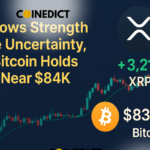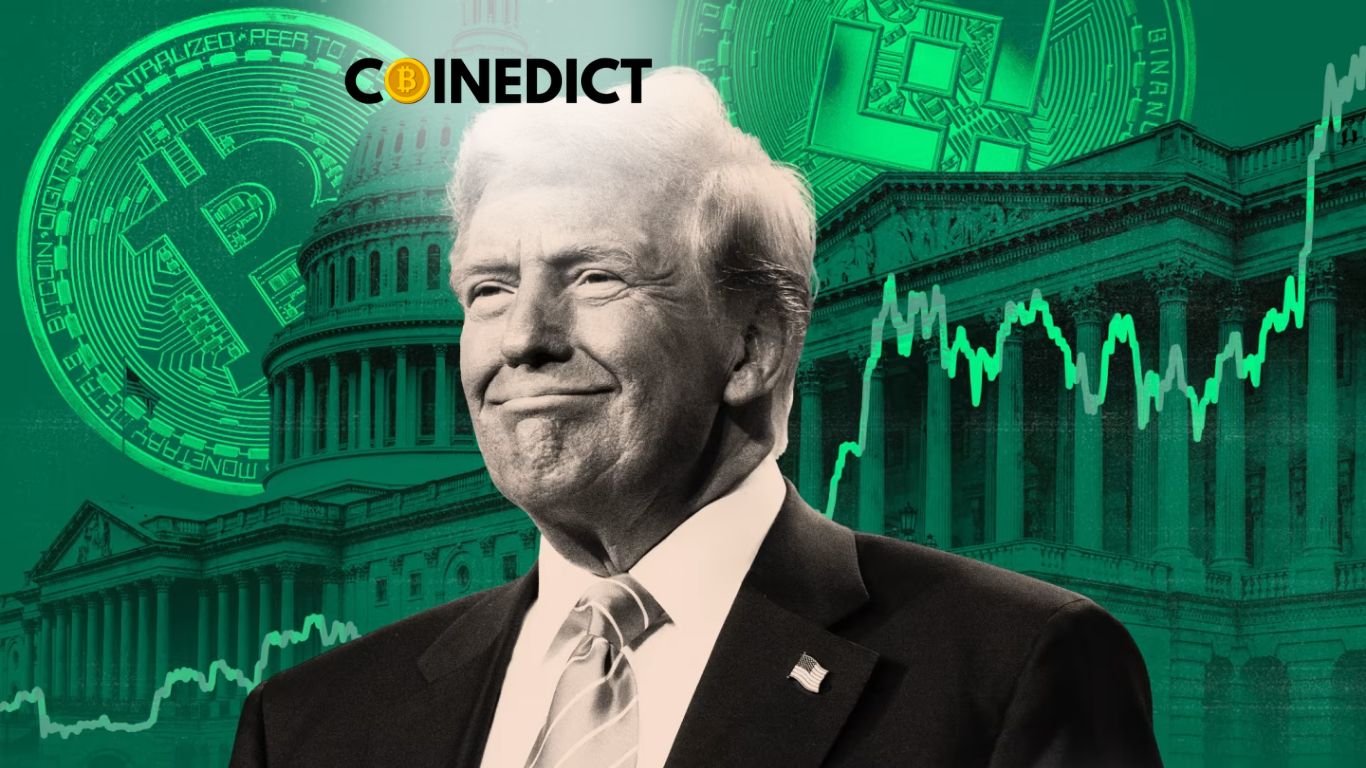The blockchain industry is evolving at a breakneck pace, constantly redefining how we interact with technology, finance, and even our environment. From transforming the way we manage assets to driving financial inclusion, blockchain has become a force of innovation. Here’s a closer look at some of the most promising blockchain trends poised to shape the future.
1. The Rise of Decentralized Finance (DeFi)
Decentralized Finance, or DeFi, has disrupted traditional banking by enabling peer-to-peer financial services without intermediaries. From lending and borrowing to staking and yield farming, DeFi platforms empower users to earn on their digital assets.
To maintain its relevance, DeFi is focusing on scalability and accessibility. Technologies like zkRollups and Optimistic Rollups are cutting transaction costs and improving user experiences. Cross-chain bridges are also enhancing liquidity by enabling interoperability between blockchains. As regulatory clarity grows, institutional investors are expected to enter the DeFi space, paving the way for more complex financial products.
2. Decentralized AI: A Game-Changer for Data Privacy
Artificial Intelligence (AI) is becoming more decentralized, leveraging blockchain to distribute data processing and storage across networks. Decentralized AI, or deAI, promotes transparency, security, and privacy, addressing growing concerns over centralized monopolies.
From healthcare to finance, deAI is unlocking new possibilities. For instance, medical data can be shared securely while maintaining patient privacy, and financial institutions can use decentralized AI to detect fraud collaboratively without sharing proprietary information. By democratizing access to advanced tools, deAI is enabling smaller businesses to compete in traditionally exclusive markets.
3. The Expanding Role of NFTs
Non-Fungible Tokens (NFTs) have evolved far beyond digital art. Today, NFTs are revolutionizing industries like gaming, real estate, and intellectual property. They provide proof of ownership, scarcity, and authenticity while creating new income streams for creators.
In the future, NFTs will tokenize real-world assets like luxury goods and properties, ensuring transparency and reducing fraud. Enhanced interoperability will allow NFTs to seamlessly move between platforms, expanding their applications both in and out of the metaverse.
4. Central Bank Digital Currencies (CBDCs): A Financial Revolution
CBDCs are emerging as a modern solution to enhance financial inclusion and modernize payment systems. Over 130 countries are actively exploring CBDC projects, with many expected to roll out in the coming years.
CBDCs can provide underbanked populations with access to secure and affordable banking alternatives, reducing dependency on cash and increasing transaction efficiency. However, their implementation raises questions about privacy and centralization, particularly in regions with strict monetary controls.
5. Interoperability: Breaking Blockchain Silos
With the rise of new networks and platforms, the blockchain ecosystem is becoming increasingly fragmented. Interoperability—allowing different blockchains to communicate and share data—is becoming crucial.
Projects like Polkadot and Cosmos are at the forefront, creating seamless connections between blockchains. This is driving innovation by enabling multi-chain apps that combine the strengths of different networks, such as Ethereum for smart contracts and Solana for fast transactions.
6. Green Crypto and Regenerative Finance (ReFi)
Environmental sustainability is a pressing issue for the crypto industry. Regenerative Finance (ReFi) is tackling this by funding ecological restoration projects through blockchain.
Carbon-negative initiatives and renewable energy-powered mining operations are leading the charge. ReFi not only promotes sustainability but also integrates blockchain with global environmental goals, potentially redefining the industry’s reputation.
7. Asset Tokenization: Redefining Ownership
Tokenization is transforming how we view ownership and investment by converting physical assets into digital tokens on the blockchain. This allows for fractional ownership, enhanced liquidity, and easier transferability.
Tokenization is particularly impactful in sectors like real estate, where small investors can access markets traditionally reserved for the wealthy. Security tokens, representing ownership in businesses or assets, are also revolutionizing fundraising, opening new avenues for value creation.
Looking Ahead
Blockchain technology continues to evolve, offering solutions that address real-world challenges while unlocking new opportunities. From the disruptive potential of DeFi and NFTs to advancements in interoperability and sustainability, these trends underscore the transformative power of blockchain.
To fully realize its potential, collaboration across ecosystems, improved scalability, and regulatory compliance will be essential. By staying informed and adapting to these trends, developers, businesses, and governments can harness blockchain’s full capabilities to create a decentralized and inclusive future.











